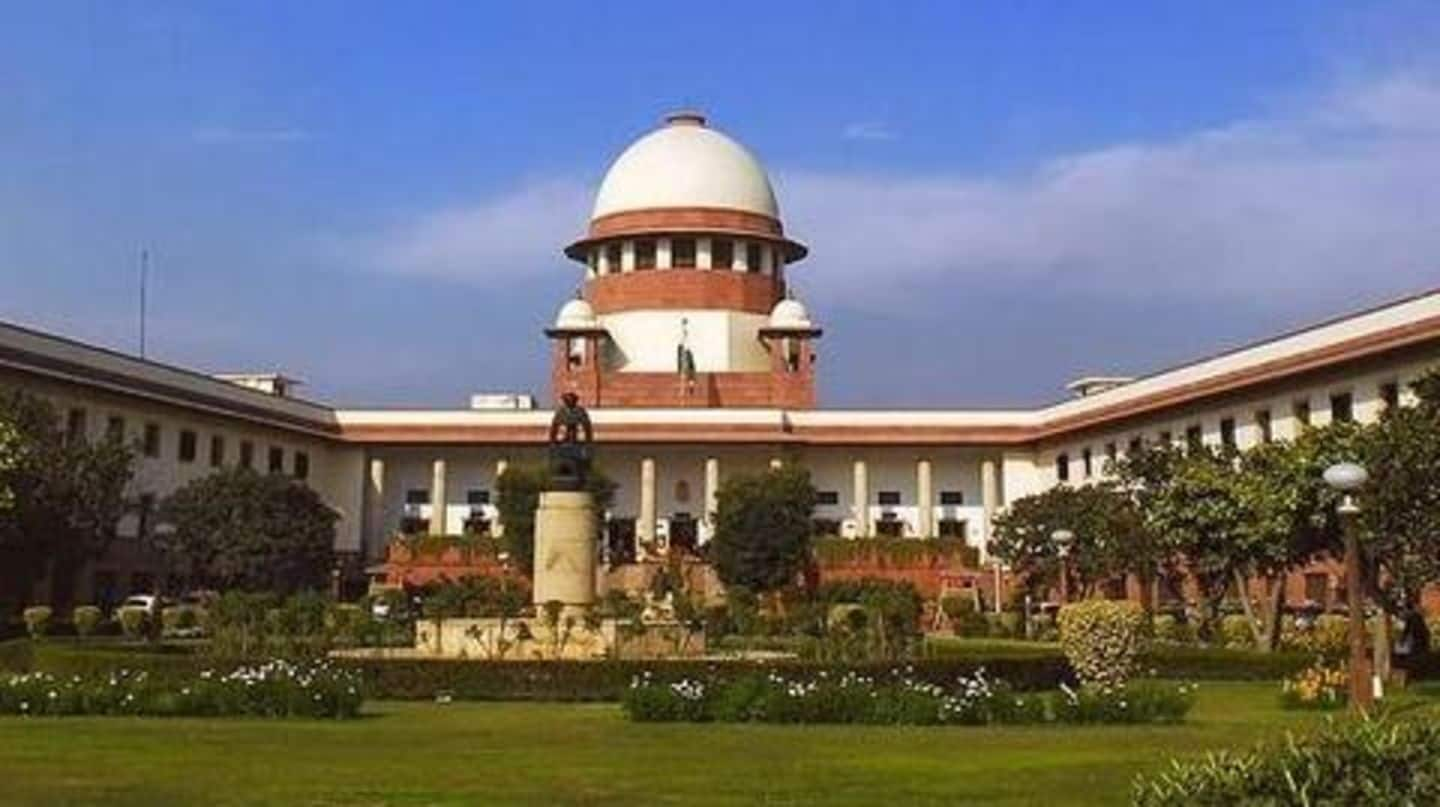
No ban on Electoral Bonds for now: Supreme Court
What's the story
Passing an interim order on electoral bonds, the Supreme Court on Friday directed all political parties to give details of their funding in a sealed cover to Election Commission by May 30. However, the bench, headed by Chief Justice of India Ranjan Gogoi, refused a stay on the electoral bonds. Notably, Attorney General KK Venugopal represented the Centre in the court. Here's more.
Electoral bonds
What are electoral bonds? Here's a brief description
The Electoral Bond Scheme notified on January 2, 2018, allows a single person or a group of citizens to purchase electoral bonds. Only political parties registered under Section 29A of Representation of the People Act, 1951, and which secured more than 1% votes in last parliamentary polls, are eligible to receive these bonds. The bonds can only be encashed through an authorized bank account.
Case
An NGO filed a PIL in Supreme Court
NGO Association of Democratic Reforms (ADR) had filed a PIL in the apex court questioning the validity of electoral bonds. Prime Minister Narendra Modi's government proposed electoral bonds as an alternative to cash donations and claimed it would promote transparency and curb black money. However, its critics alleged that electoral bonds flouted the very concept of free polls.
Findings
ADR concluded BJP benefited from electoral bonds
According to reports, ADR went through tax declarations of parties to conclude that funding through electoral bonds was tilted towards national parties. During 2017-18, Rs. 215 crore was generated through the electoral bond route and BJP walked away with a lion share of Rs. 210 crore, ADR claimed. Lawyer Prashant Bhushan called electoral bonds a "retrograde" step which violated free and fair elections.
Arguments
EC wanted that donors' names should be revealed
In the court, the Election Commission took a different stand than Centre. While the latter wanted to keep donors anonymous, the polling watchdog said revealing the names will promote transparency. "Anonymity must go. We want transparency. We want reforms. We cannot go one step forward and two steps backward. We want free and fair polls," senior advocate Rakesh Dwivedi, representing EC, said.
Proceedings
Venugopal asked why voters need political funding's details
Defending the Centre in court, Venugopal said voters don't need to know who funded political parties. "In my opinion, voters have the right to know about their candidates. Why should they know where the money of political parties is coming from," he asked. But the argument didn't find any takers. CJI Gogoi said anonymity will defeat the purpose of transparency.
Quote
Keeping donors anonymous will have wider ramifications: CJI
"If the identity of the purchaser is not known, it will have wider ramifications. Your entire exercise of doing away with black money is negative," CJI Gogoi opined. In response, Venugopal said banks would definitely know the identity of donors.
Verdict
Court said the matter requires a "detailed hearing"
After hearing arguments of all sides, the bench, also including Justices Deepak Gupta and Sanjiv Khanna, opined that the matter required a detailed hearing. The case was posted for a hearing on "appropriate date". Separately, the bench asked the Finance Ministry to reduce the window of purchase of electoral bonds from ten to five days in April-May, considering it is election season.